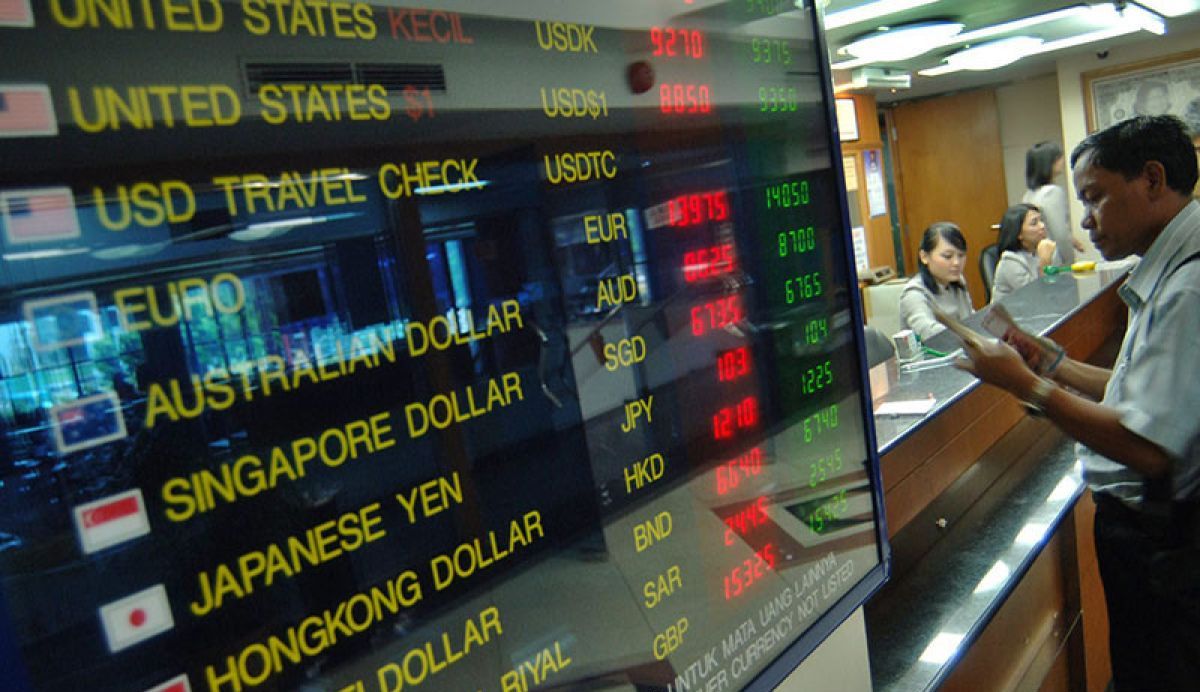Central Java Apindo Highlights Impact of Weakening Rupiah, Business Sector at Risk of Stagnation
Monday, 07 April 2025
SEMARANG – The Indonesian rupiah continues to weaken against the US dollar, now nearing the critical threshold of IDR 17,000 per USD.
This development has sparked growing concern among business players, particularly within industrial sectors heavily reliant on imported raw materials.
Frans Kongi, Chairman of the Indonesian Employers Association (Apindo) Central Java, emphasized that the weakening exchange rate poses a serious threat to business continuity.
“This situation is extremely unfavorable for the business sector and our economy. The government must take firm and immediate action to stabilize the rupiah against the dollar. The current exchange rate trend is detrimental and could hinder economic growth,” Frans stated on Monday, April 7, 2025.
According to Frans, approximately 70 percent of industrial raw materials are still imported and transacted in US dollars—such as those used in the pharmaceutical and garment industries.
As a result, production costs soar, leading to higher prices for domestically marketed goods.
“It would be ideal if we could export everything and earn dollars in return. But that’s not feasible. When we market products domestically, the prices become too high and purchasing power declines. This situation is clearly harmful to businesses and contributes to inflation,” he added.
BRICS as a Potential Solution
In the short term, Frans explained that business owners are likely to adopt a “wait and see” approach—delaying expansion, limiting raw material purchases, and reassessing production strategies.
“If operations aren’t running smoothly, of course we can’t produce or sell efficiently. This could lead to reduced working hours, layoffs, or even furloughs,” he warned.
He further noted that Indonesia's long-standing dependence on the US dollar has become burdensome, particularly in relation to foreign debt and corporate loans denominated in dollars.
Many domestic companies have taken out loans in USD to finance their business expansions.
“If the dollar remains uncontrolled while industries carry substantial dollar-based debt, the consequence could be production halts or even business closures. This would hurt not only the investors but also employees—and the nation as a whole,” Frans stressed.
He therefore urged the government to consider currency diversification strategies, such as strengthening partnerships with BRICS countries (Brazil, Russia, India, China, and South Africa), in order to reduce reliance on the dollar.
“As we strive to safeguard trade and business stability, it is worth exploring alternatives to relying solely on the US dollar as a benchmark,” Frans concluded.
Source: beritajateng.tv









